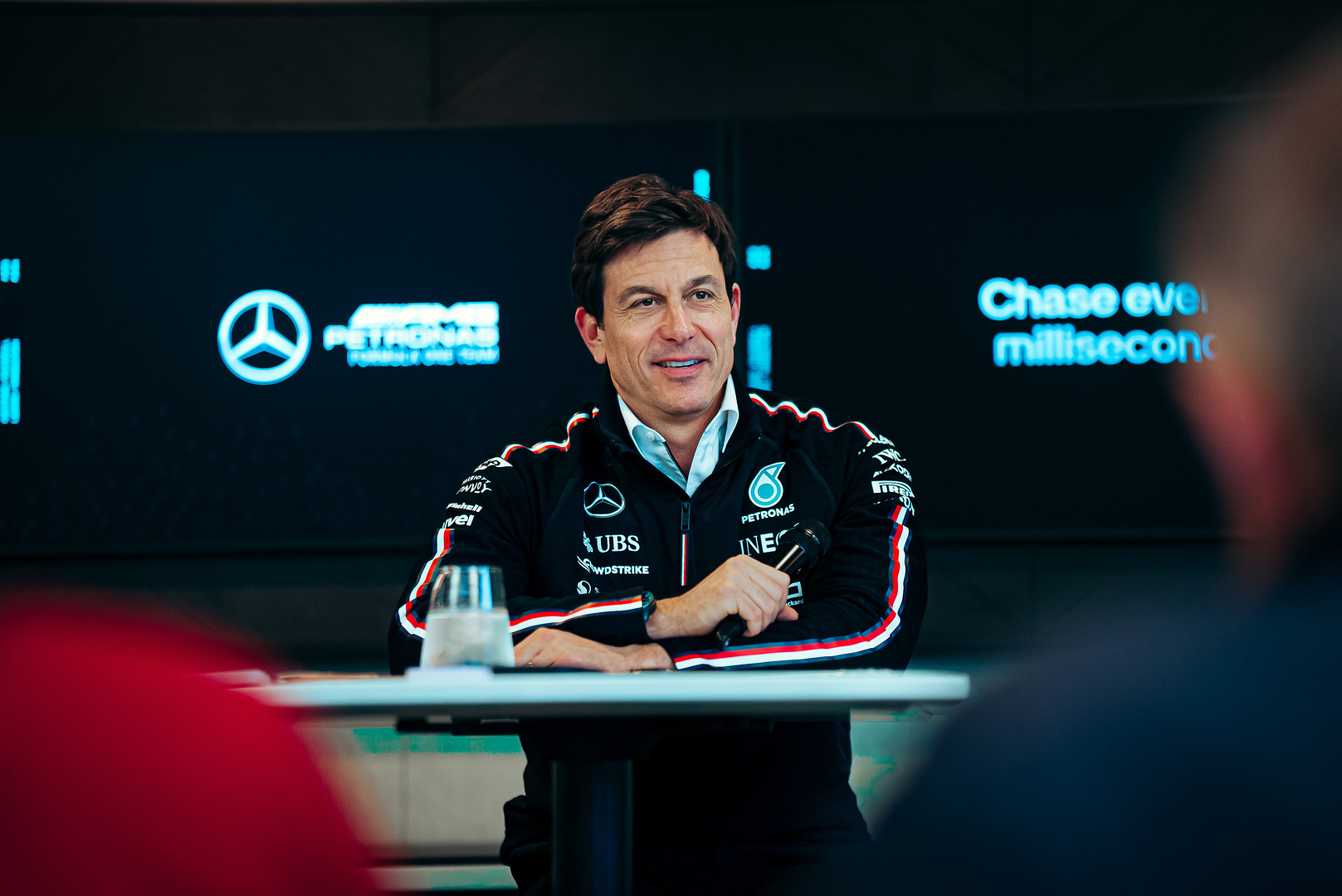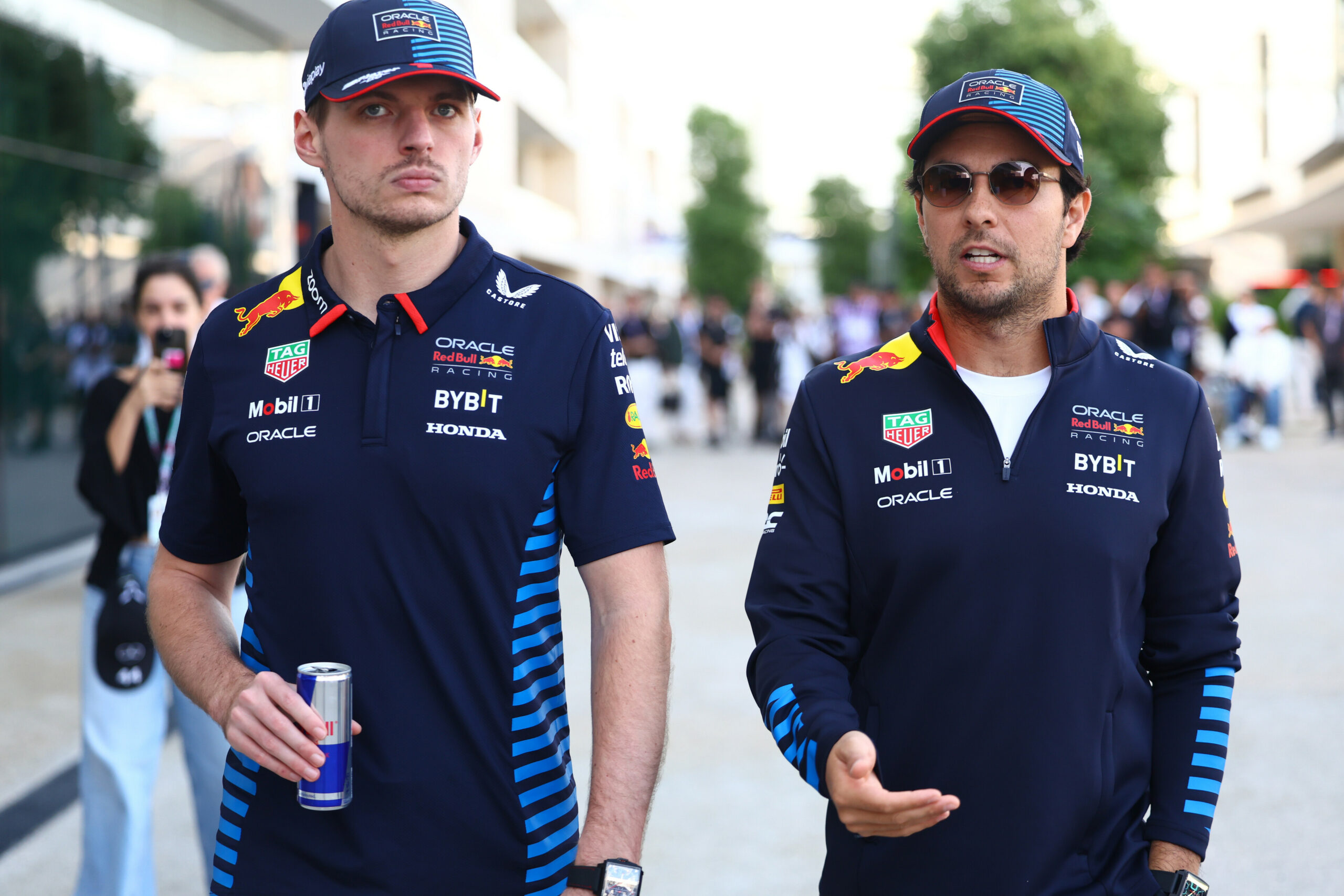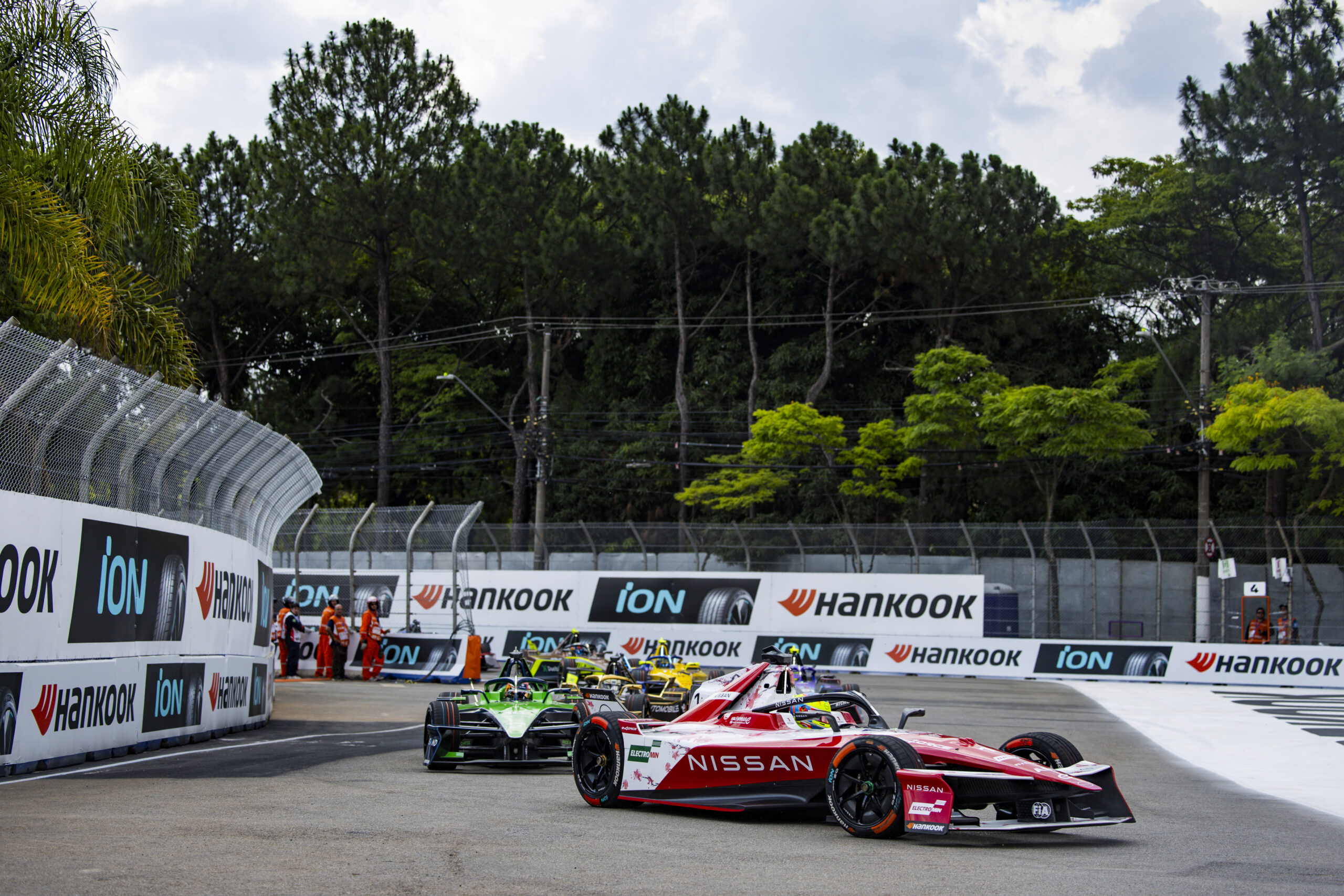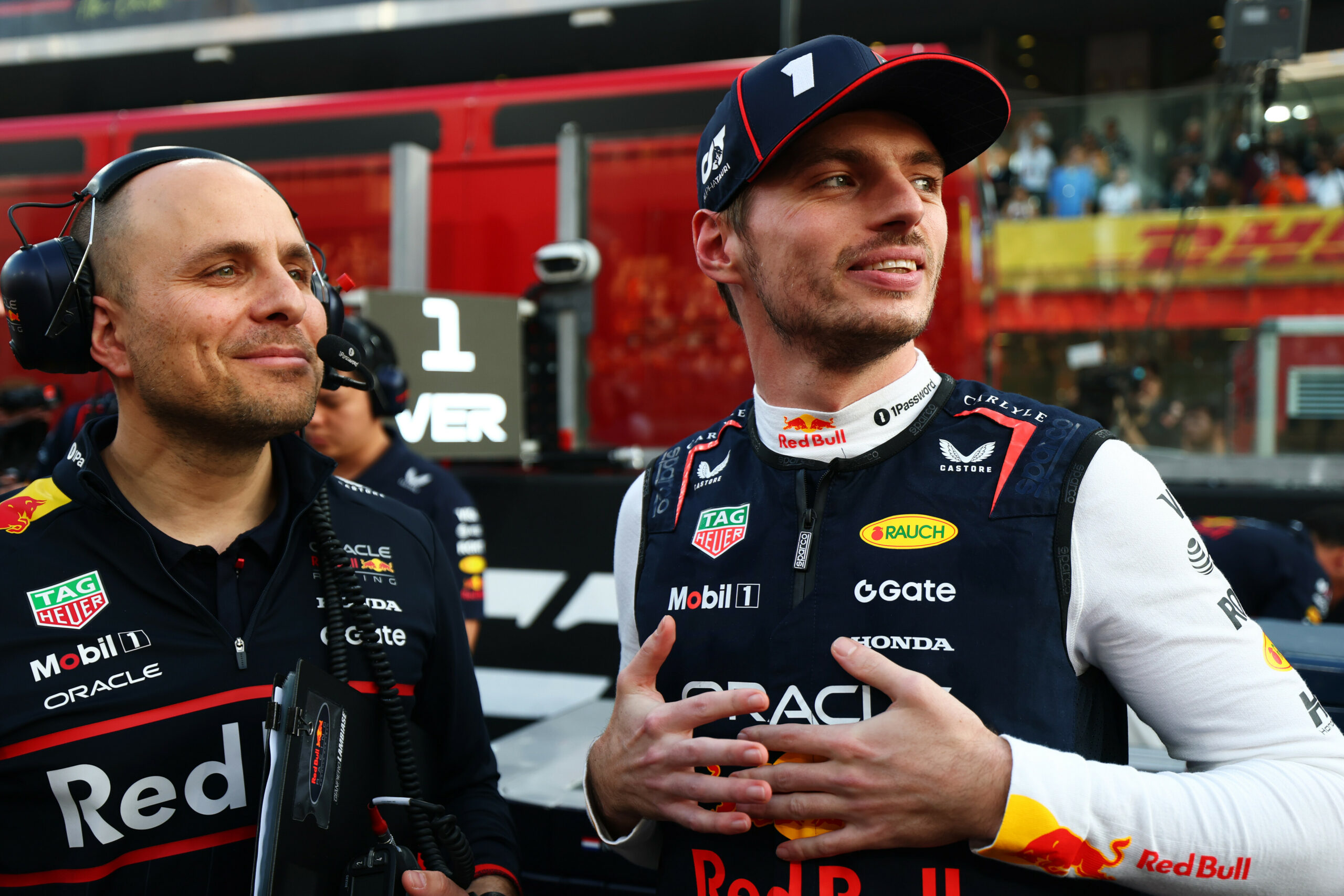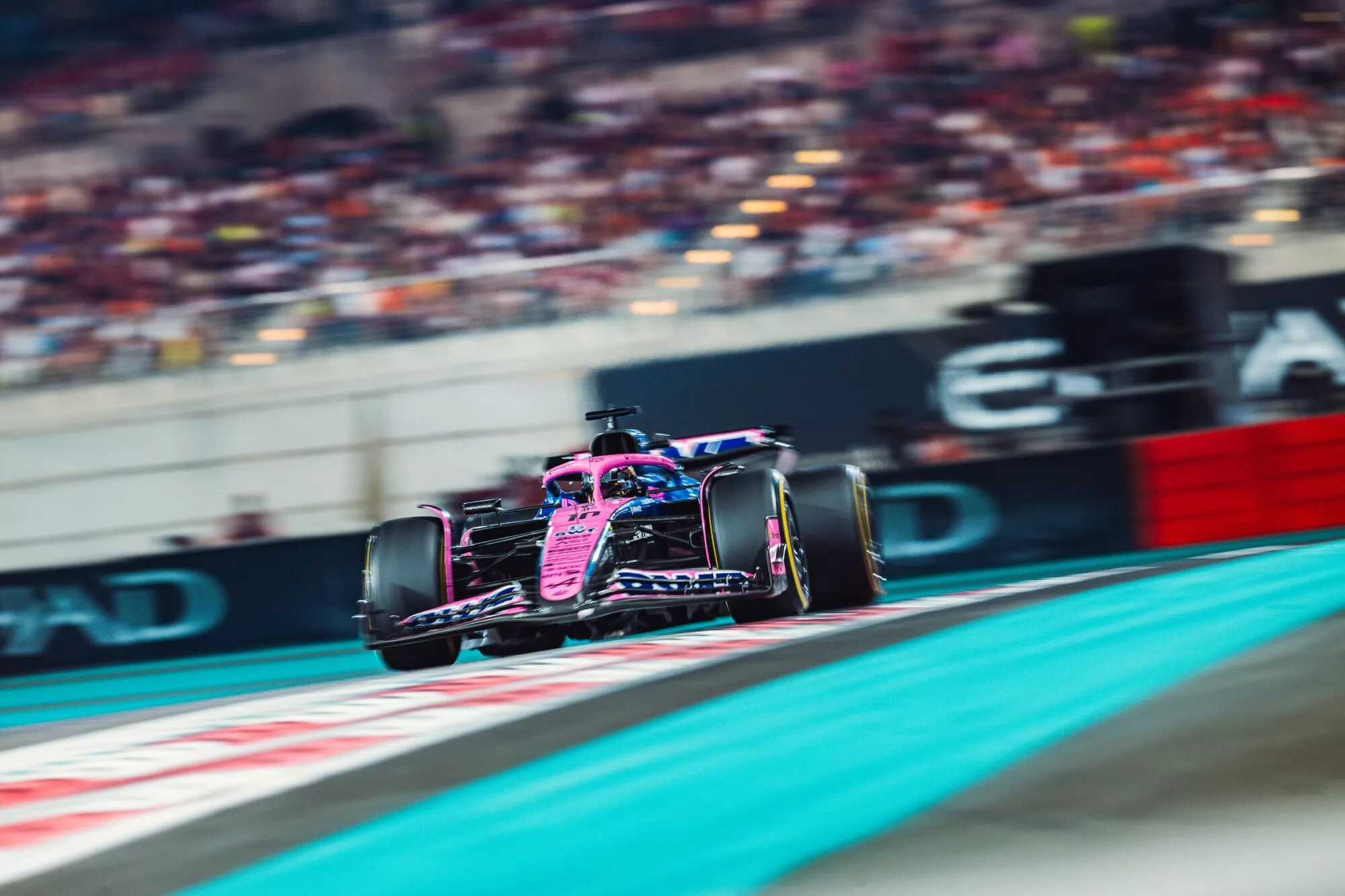Mercedes team principal Toto Wolff has been candid about the challenges and benefits of Formula 1’s budget cap while weighing the potential impact of Cadillac’s proposed entry into the sport.
His insights reveal the delicate balancing act teams must navigate under financial constraints and the implications of welcoming a new manufacturer to the grid.
The budget cap: a double-edged sword
The introduction of a budget cap in Formula 1, initially set at $145 million in 2021 and gradually reduced to $135 million by 2023, was a watershed moment for the sport. Designed to create a more level playing field and ensure financial sustainability, the cap has been both a boon and a challenge for teams.
For Mercedes, staying within the budget cap has required tough decisions, especially during an intense development season. Wolff explained the difficulty in an interview with Auto Motor und Sport:
“We were razor-thin. You can’t build up a large contingency fund. Instead, you overshoot at the start of the year and then start saving. Toward the end of the year, we had to forgo some upgrades in aerodynamics and mechanics simply because there was no money left within the cost limit to produce the corresponding parts.”
The issues for Mercedes
Wolff highlighted how accidents late in the season involving drivers like Kimi Antonelli in Monza and George Russell in Austin and Mexico compounded these challenges:
“At one point, we only had one set of a particular wing type. In Mexico, we couldn’t revert to the old aero specification because there were no spare parts left and no budget within the cost cap to produce new ones.”
Despite these constraints, Wolff remains a staunch advocate of the budget cap, emphasising its long-term benefits:
“Absolutely. It has made teams profitable and, in turn, the sport sustainable. Thanks to the budget cap and Formula 1’s boom, teams are making money instead of burning it, as was the case in the past.”
Mercedes itself has been reaping financial rewards, according to Wolff:
“We are making significant profits. Our profitability margin is 30 to 35 per cent before taxes. This even offsets our engine expenses. The old cliché that Formula 1 is just a money pit is history. Overall, Formula 1 has never been healthier than it is today.”
The entry of Cadillac: a new era or a financial strain?
In partnership with Andretti Global, General Motors’ Cadillac brand will officially join Formula 1 in 2026. This landmark move brings one of America’s most storied automotive brands into the pinnacle of motorsport. While adding Cadillac marks a significant milestone for F1’s growth in the United States, it has sparked mixed reactions among the existing teams, including Mercedes.
Toto Wolff acknowledged the long-term potential of having a brand like Cadillac in the sport but highlighted the financial and logistical challenges posed by an eleventh team:
“When Cadillac joins as a works team and invests a substantial marketing budget into Formula 1, it adds real value to the sport. A global brand of their calibre enhances the image of F1 and increases its appeal, especially in key markets like North America.”
Wolff notes the downside of the entry of Cadillac
However, Wolff noted that this expansion comes at an immediate cost to the existing teams:
“Initially, we lose out. The financial pie gets split into smaller portions. The compensation payment, currently set at $450 million, is too low to offset the direct income reduction. While the long-term benefits of Cadillac’s entry could outweigh the downsides, that remains uncertain. Only time will tell if the sport’s overall value increases enough to compensate for revenue redistribution.”
Despite this cautious perspective, Wolff recognised the importance of welcoming manufacturers like Cadillac, viewing their participation as a testament to Formula 1’s growing global prestige.
The American manufacturer’s commitment, coupled with the new engine regulations set to debut in 2026, is expected to drive innovation and competition, further solidifying Formula 1’s position as the ultimate proving ground for automotive excellence.

